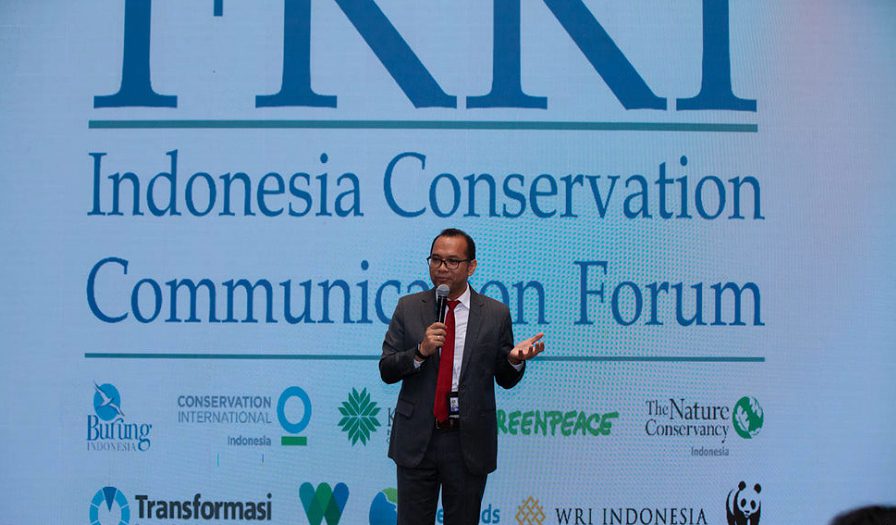MARINE CONSERVATION AREA AS THE BLUE ECONOMY FOUNDATION

-
Date:
30 Apr 2020 -
Author:
KEHATI
Indonesia has set a target to allocate 20 million hectares of its marine as conservation areas and hopes to fully fulfill its ambitious marine biodiversity goals. But the country needs help to achieve these targets.
The data from the government shows that Indonesia has declared 19.14 million hectares of marine conservation areas until December 2017, or 96 percent of its commitment to develop 20 million hectares of conservation areas by 2020.
“This is a very good achievement, but we must now move beyond the declaration and focus on ensuring that these areas are managed effectively,” said Conservation International Indonesia’s Vice President, Ketut Sarjana Putra, who is also the Indonesian Conservation Communication Forum (FKKI) spokesperson at the Our Ocean event 2018 Conference in Bali.
FKKI consists of a number of prominent local and international environmental organizations aimed at providing conservation impacts in Indonesia on a large scale.
The Marine Conservation Area is a milestone of the “blue economy”, one of the topic discussed at Our Ocean Conference on investment in the Marine Conservation Area. “We need a holistic approach to managing our marine resources,” added Ketut Putra, “and the blue economy approach provides a set of principles that can guide the government to benefit from the sea without destroying it.”
The focus of Our Ocean Conference is to produce commitments and take concrete actions to protect the oceans, a budget commitment of around US$18 billion and protection of a total of 12.4 million km2 of marine conservation areas that have existed since 2014.
“We are committed to strengthening cooperation with government agencies at the national and sub-national levels, together with the community and the private sector to fulfill this commitment for protected areas. They need to become the backbone of sustainable fisheries and marine-based industries,” said Rizal Malik, CEO of WWF-Indonesia (one of the NGOs incorporated in FKKI).
Areas such as aquaculture, offshore renewable energy, blue biotechnology, and responsible tourism have great opportunities to encourage “blue growth” and promote inclusive development by creating new employment opportunities, while at the same time ensuring that marine resources are used and managed sustainably.
In another session, Riki Frindos, Executive Director of the Indonesian Biodiversity Foundation (KEHATI), highlighted the need for stronger partnerships between NGOs, private sectors and government to support the management of protected areas by creating opportunities for sustainable financing, especially through managing marine sustainability by creating collaboration steps such as sustainable finance.
Globally, more than 25 million km2 of marine area has been protected, representing at least 15,600 points, or nearly seven percent of the earth’s ocean. With recent commitments made by governments around the world, the world is on track to protect more than 10 percent of the oceans by 2020. These efforts are considered important to protect oceans and coastal areas from the effects of climate change and overfishing, among another.
Our Ocean Conference 2018 aims to enhance partnerships between various marine stakeholders and generate commitments to maintain the sustainability of the ocean. This year’s conference focuses on marine conservation areas, sustainable fisheries, sea pollution, and the impact of climate change on the oceans, as well as cross-cutting themes such as sustainable blue economy and maritime resilience.
